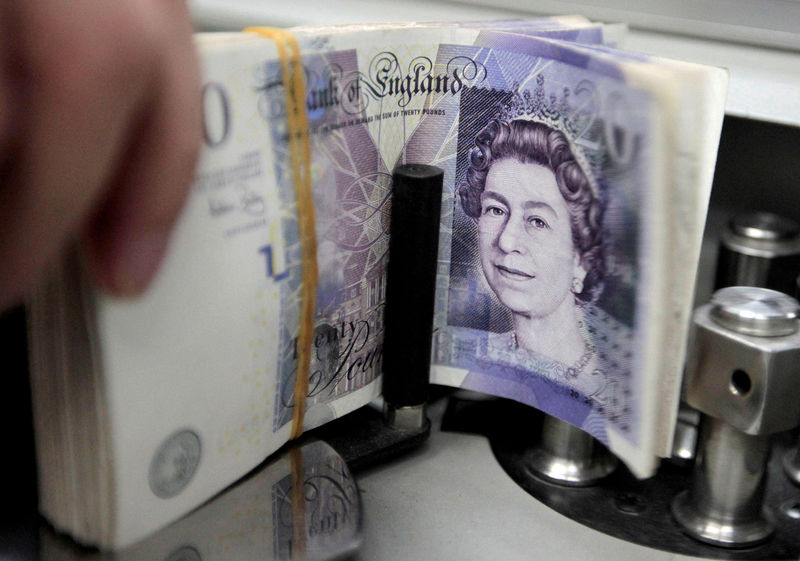LONDON (Reuters) - Almost half of households believe Britain's decision to leave the European Union will harm the economy in the long run, up sharply from a couple of months ago, a survey showed on Tuesday.
Financial data firm Markit said 49 percent of households in November considered the long-term economic outlook over the next decade to have worsened due to the Brexit vote, compared with 47 percent in August and 42 percent in July.
So far, the impact of June's Brexit vote has been less severe than most economists expected, with retail sales growing at the fastest pace in years and consumer confidence remaining robust.
But household finances look likely to come under strain next year because of a surge in inflation, fuelled by a plunge in the value of the pound since June that will push up the price of imported goods.
Chancellor of the exchequer Philip Hammond is expected on Wednesday to announce measures to help consumers through the expected slowdown when he presents his first budget plan since the Brexit vote.
"To many voters, the EU referendum was about other issues than the economy, but the latest survey highlights how Brexit is expected to carry a higher than previously-thought cost in economic terms," Chris Williamson, chief business economist at Markit.
Views on the economy's prospects varied on age. Only those aged over 55 thought the Brexit vote would have a net positive effect, while the young remained the most negative about the economic impact of Brexit, both in the long and short-terms.

The survey of 1,500 Britons was carried out by pollster Ipsos MORI between Nov. 9 and Nov. 13.